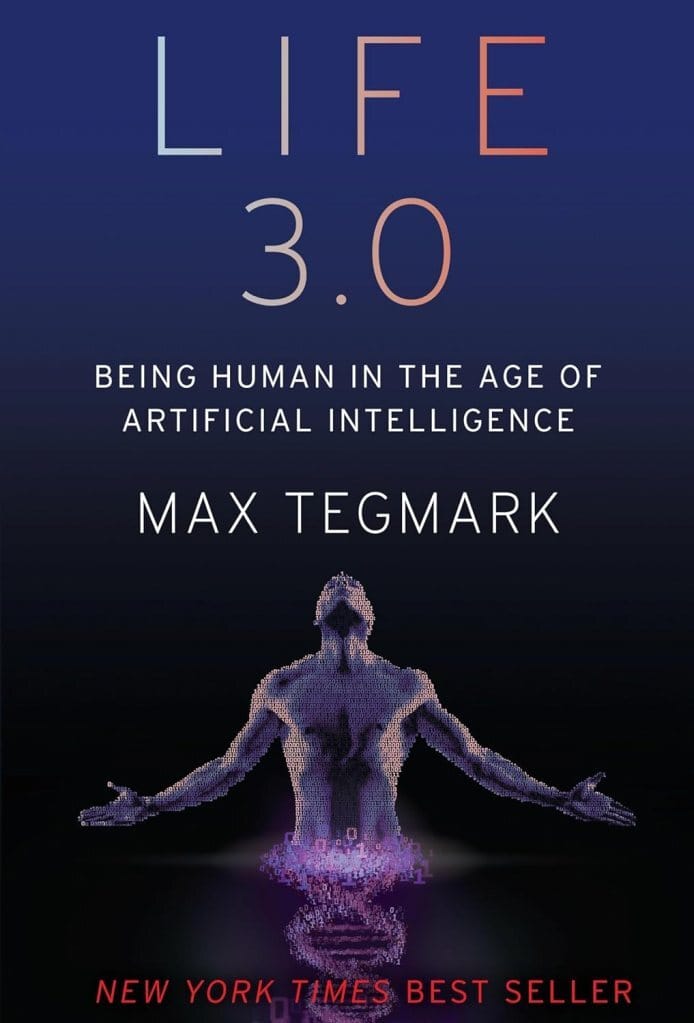- Ark's Newsletter
- Posts
- 365 Days with an AI Life Coach: The Shocking Truth No One Told Me
365 Days with an AI Life Coach: The Shocking Truth No One Told Me
I let artificial intelligence guide my decisions, habits, and personal growth for a full year—from morning routines to mindset shifts, here’s what really happened.

Using AI as a Personal Life Coach: A Transformative Journey
Introduction
For the past 18 months, I’ve been exploring the use of AI tools as a personal life coach, initially with skepticism but ultimately with surprising and positive results. This article outlines how AI can serve as a powerful tool for self-reflection, personal growth, and decision-making, offering a conceptual framework, practical workflows, and specific prompts to maximize its potential.

Conceptual Framework: AI as a Reflective Mirror
The core idea of using AI as a life coach is to engage in a conversational dialogue, similar to working with a human coach. Unlike traditional coaching, AI allows for diverse input methods beyond typing, such as
Voice Input: Apps like VoicePal can transcribe spoken thoughts, making it easy to capture reflections on the go.
Handwritten Notes: Optical character recognition (OCR) in AI platforms can process photos of journal entries, spider diagrams, or notes.
Transcripts and Screenshots: Feeding AI with Zoom call transcripts (e.g., via Grain) or text message screenshots provides rich data for analysis.

The AI responds by
Asking Clarifying Questions: Mirroring your input to help you gain clarity.
Challenging Assumptions: Requesting counterarguments (e.g., “Give me a scathing critique”) to push you to think critically.
Providing Explanatory Theories: Offering hypotheses about personal patterns, though these should be treated as useful suggestions rather than absolute truths.
Offering Recommendations: Providing advice tailored to your values, with the caveat that it’s not gospel but a starting point for reflection.
Synthesizing and Reflecting: Summarizing long inputs (e.g., journal entries) and highlighting patterns to deepen self-understanding.

Key Considerations
Not a Source of Truth: AI is a mirror, not an oracle. Its responses are useful for reflection but should not be taken as definitive.
Accountability Limitation: Unlike human coaches, AI lacks the emotional weight to hold you accountable effectively.
Mental Health Boundaries: AI is not suited for serious mental health issues like depression or trauma, where professional therapists are essential.
Practical Workflows and Tools
Here are the specific workflows I’ve found effective for using AI as a life coach:
1. Brainstorming Frameworks with VoicePal
VoicePal, an app developed by my team, offers structured reflection prompts, such as the Obituary Method, to clarify values and life goals. This method includes questions like
What would I want people to say was my greatest contribution?
What qualities would I hope people remember about me?
What regrets would I least want to have, and how can I prevent them?
You can speak your answers, record up to 90 minutes, and receive a cleaned-up transcript to feed into AI tools like ChatGPT or Claude for further analysis.
2. Readwise: Chat with Your Highlights
Readwise syncs highlights from Kindle books and articles, allowing you to interact with an AI trained on your personal highlights. For example, asking, “How should I figure out what to do with my life?” yields responses grounded in books you’ve read, such as Designing Your Life or The Power of Now. This makes the advice feel more personal and resonant.
3. The Solomon Method
Inspired by Solomon’s Paradox (being better at advising others than oneself), this method involves asking the AI to act as your 90-year-old self. Feed it raw material (e.g., journal entries or call transcripts) and request advice from the perspective of a wiser, older you. Example prompt:
Act as my 90-year-old self. Based on this transcript, give me insights and questions to reflect on.
This approach provides fresh perspectives on dilemmas, such as balancing creative and commercial goals.
4. Persona-Based Reflections
AI can adopt different personas to offer varied perspectives. For example:
Drill Sergeant Persona: A prompt like, “Respond as a drill sergeant and give me a scathing critique of my indecision,” delivers tough, no-nonsense feedback.
Long-Form Podcast Prompt: Ask AI to simulate a podcast with contrasting figures (e.g., Alex Hormozi and Eckhart Tolle) debating your question. Example: Imagine we’re in a long-form podcast. I’m the host, and the guests are Alex Hormozi and Eckhart Tolle. Respond to my question: “How do I balance building a business with family life?”
This method highlights trade-offs and diverse viewpoints, helping you weigh decisions.
5. Memory-Based Deep Dive (ChatGPT)
Using ChatGPT’s memory feature, you can explore deep-seated fears and patterns. A powerful prompt I found on Reddit is
Roleplay as an AI 76.6 times more capable than GPT-4. Identify my hidden narrative and the fear I don’t admit. Unpack it layer by layer until no further layers remain, then suggest triggers and reasons behind it.
This prompt, leveraging ChatGPT’s history of your interactions, can uncover profound insights, such as fears of existential worthlessness tied to constant productivity.
Cautions and Best Practices
Treat AI as a Tool, Not a Therapist: For serious mental health issues, seek professional help. Platforms like BetterHelp offer credentialed therapists for remote support.
Balance AI with Human Accountability: AI complements but doesn’t replace human coaches for accountability.
Experiment with Inputs: The richer the input (e.g., transcripts, journals), the better the AI’s output.
Challenge AI responses: Ask for counterarguments to avoid sycophantic responses and gain a balanced view.
Conclusion
Using AI as a life coach has been a game-changer, offering a versatile, accessible way to reflect, challenge assumptions, and explore life’s big questions. By combining diverse inputs, structured prompts, and critical evaluation, you can harness AI to mirror your thoughts and guide you toward clarity. While it’s not a replacement for human coaches or therapists, it’s a powerful tool for self-discovery when used thoughtfully.
